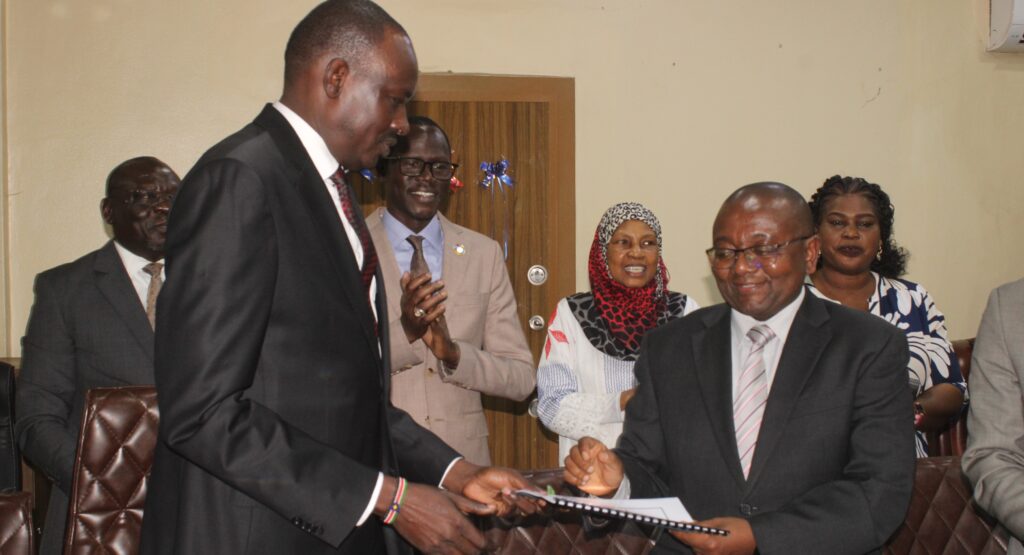The African Development Bank (AfDB) on Friday announced an additional US$42.6 million funding for South Sudan’s Phase One Climate Resilient Agri-food System Transformation Program.
Finance and Planning Minister Marial Dongrin Ater said the project is a fast investment under the country’s food and agriculture delivery act presented during the Feed Africa Dakar Summit held in Senegal in January 2023.
“I would like to express our sincere appreciation to the African Development Bank for the excellent and growing partnership with the government of South Sudan. We commend and appreciate the bank for mobilizing US$42.6 million to support South Sudan implement Climate Resilient Agri-food System Transformation Program Phase One,” Dongrin said.
He said the aim of the project is to increase agricultural productivity, food security, and build resilience on the projects supported by AfDB.
“We appreciate the efforts of the African Development Bank to continue building the capacity of the government institutions under different projects and we believe this will give the government the ability to manage projects,” he said.
AfDB Country Manager Themba Bhebhe said the project started in January 2023 after the African heads of states realized the impact of the crisis in Ukraine, and so each prepared its own compact agriculture resilience project.
He said the project is an additional financing to the agriculture sector in South Sudan totaling to US$220 million and by the end of the year will increase to US$300 million.
“Our aim is to build what we have started, but also to give other partners confidence that we can still invest in development in this country. This is a key milestone and I am happy about the responsiveness of the government to this assistance,” Bhebhe said.
FAO Country Representative Meschack Malo said the project would help South Sudan increase food production as the country was already making progress. “This project is going to work on the seed system. Three years ago, FAO was only purchasing 3 percent of the seeds internally, in 2023 we were able to purchase 30 percent,” he said.




